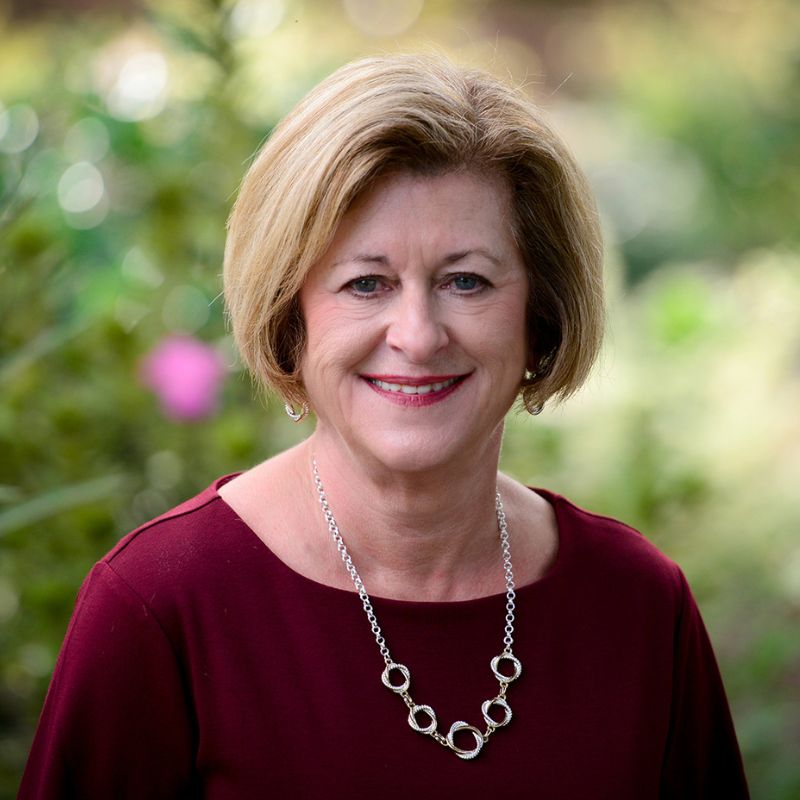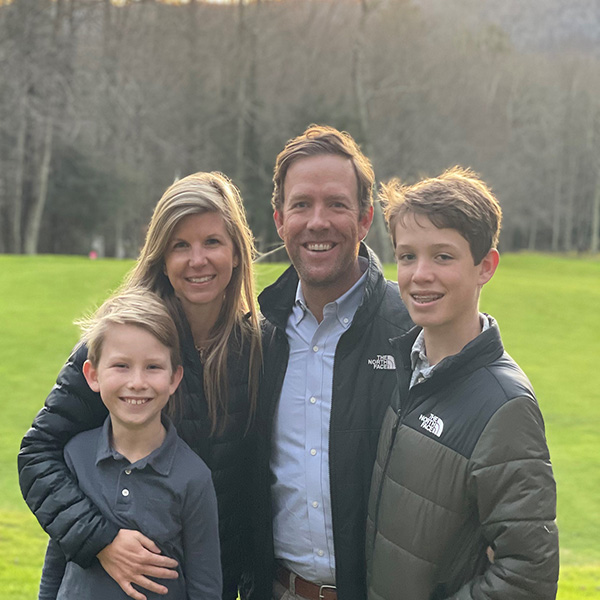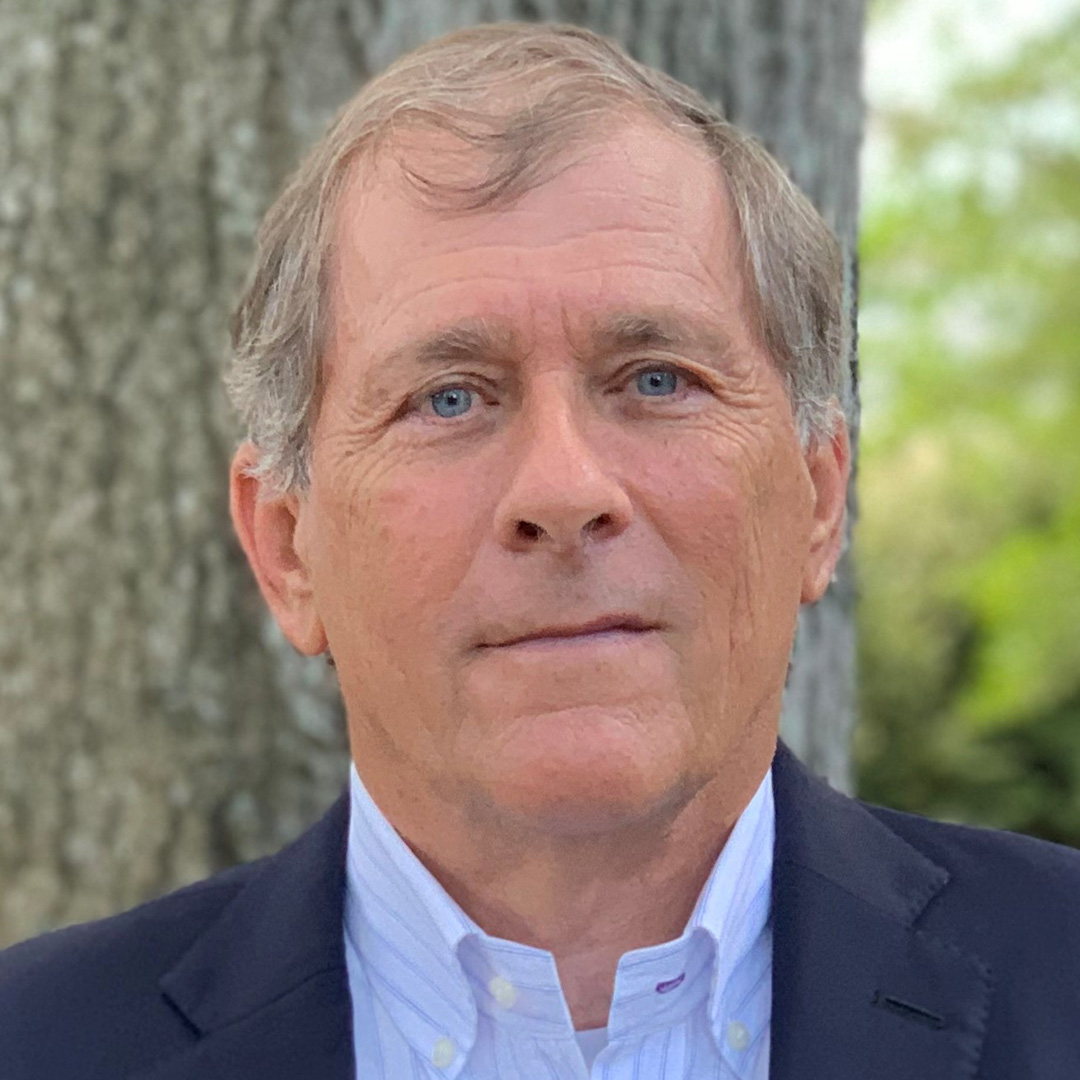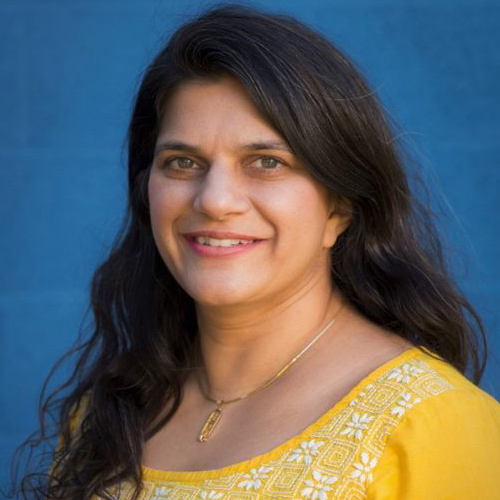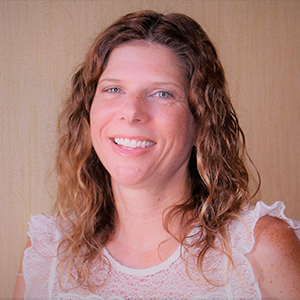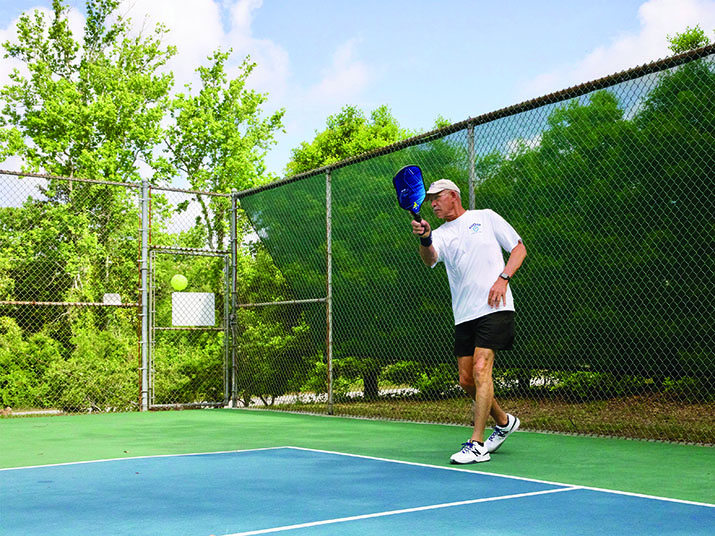10 Important Truths About Hospice You Need to Know
There are many misconceptions about hospice care that keep people from getting the care and support they need at a time in life when they need it most. Lower Cape Fear LifeCare often hears from families it serves that they wish they had called hospice sooner. This is because hospice care, when implemented early, improves quality of life for the entire family.
Being informed about what hospice care is and the level of care it provides is important to making this key decision sooner rather than later. Hospice care is appropriate for people living with a life-limiting or terminal illness with a life expectancy of six months or less. Hospice care uses a team approach to care consisting of a physician, nurse, certified nursing aide, social worker, chaplain and volunteer(s).
Hospice is provided wherever someone calls home.
Hospice is a philosophy of care, not a place. Care is provided where people are most comfortable – at home. More than 95 percent of patients receive care right where they live: private residence, assisted living community, skilled nursing facility, or hospital.
When pain and symptoms can no longer be managed in a residential setting, Lower Cape Fear LifeCare (LCFL) offers acute care in one of their inpatient hospice care centers. These home-like, serene facilities are available exclusively for LCFL patients and provide around-the-clock care and support to patients and loved ones.
Hospice is about focusing on what’s most important.
When curative treatment is no longer available or desired, hospice care allows people to live in comfort with dignity. Care focuses on pain and symptom management, as well as reducing stress and anxiety, to improve quality of life. Individualized care plans allow patients to determine what is most important to them while receiving care. This may include spending more time with family and friends, completing a bucket list wish, or other things that are of importance to the patient and their family.
Hospice provides months of care.
Unfortunately, most people are referred for care much too late when they are already actively dying. Hospice care provides months of improved quality of life for patients and families. Its interdisciplinary care teams provide “whole body” care that addresses physical, psychosocial and spiritual needs. Loved ones receive support, education and respite. Starting hospice early is the key to receiving the most benefits from care.
Hospice is for anyone with a life-limiting illness.
Cancer patients represent approximately 37 percent of hospice patients. The rest have another life-limiting illness such as heart disease, COPD, liver disease, kidney failure, ALS, Alzheimer’s disease, stroke or other terminal illnesses.
Hospice is financially affordable.
Hospice is covered by Medicare, Medicaid and most private insurance. Coverage includes all care, medications, medical equipment and supplies associated with a hospice diagnosis. As a nonprofit, LCFL never refuses anyone care based on their ability to pay.
Hospice can improve quality of life.
There are no studies that show that hospice care quickens death. However, there are studies that prove that hospice patients may actually live longer than patients who do not receive hospice care. This is because hospice care manages pain and symptoms of a person’s illness, thereby reducing stress to the body.
Hospice care keeps patients safe and at home.
Hospice care is proven to reduce the number of ER visits and hospitalizations. For those hospitalized, it can also reduce the amount of time spent in the hospital. With the ongoing pandemic and fluctuating hospital bed availability, keeping a patient safe and at home can be important during these uncertain times.
Hospice does not deny nutrition.
Hospice patients are not denied food or liquids. As a person’s illness progresses and they near death, most patients eat and drink less and less, until possibly not at all. This is because the body is simply not expending energy and is also no longer able to process foods and liquids. It is completely natural and part of the dying process for many patients. A lack of nutrition does not hasten death, cause the patient pain or cause starvation.
Anyone can refer someone for hospice care.
The patient, a family member, friend, neighbor, pastor and your doctor can all refer someone for hospice care. Far too often, people wait for their doctor to recommend hospice care before they begin to consider care for themselves or their loved one. When you call Lower Cape Fear LifeCare, they can answer your questions and perform an assessment to help determine if care is appropriate.
Hospice care provides support after death of a loved one.
Grief care is available to family members/loved ones in anticipation of death and for 13 months after the death of a loved one. Lower Cape Fear LifeCare has the area’s most extensive grief care program providing individual and group counseling; Healing Arts workshops; and special programs for children and teens.
Don’t miss out on all the benefits hospice care provides patients and families. Visit Lower Cape Fear LifeCare’s website, lifecare.org, or call 800-733-1476 to find out more about getting the care you or a loved one need.

